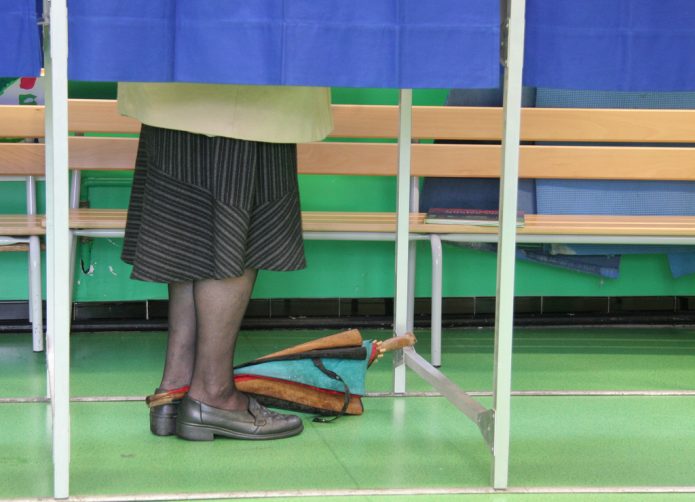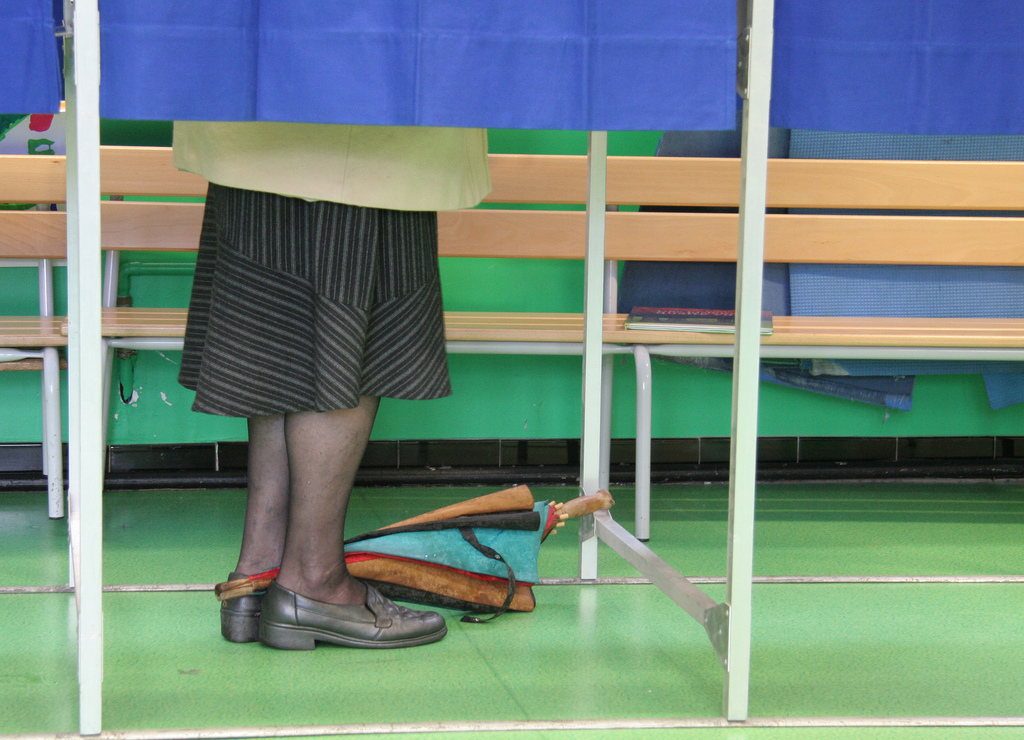
(Photo: Flickr / phgaillard2001)
Virginia Governor Terry McAuliffe issued an executive order to give 200,000 formerly incarcerated people their right to vote back. The governor’s action is a step in the right direction to reverse voter suppression laws that were designed to stifle black and brown America, but Karen Dolan, Director of the Criminalization of Race and Poverty project at IPS believes we can do more:
“Denying voting rights based on criminal records is an egregious affront to the democratic values we espouse in this country. I welcome Governor McAuliffe’s Executive Order and I believe we should go farther,” Dolan said.
Only two states, Main and Vermont, and Puerto Rico, allow felons to retain their Constitutional and civil right to vote while incarcerated. In ten states, incarcerated people can lose their right to vote indefinitely.
“In a country that incarcerates more people than any other nation, with a disproportionate number being black and Latino, the denial of voting rights to people with criminal records and people capable of rational thought even if incarcerated, perpetuates the days of slavery and Jim Crow,” Dolan said.
Denying incarcerated and formerly incarcerated people the right to vote is just one example of a collateral consequence, or extra set of punishments, placed on individuals with criminal convictions. In her report, The Poor Get Prison, Karen Dolan writes that barriers to voting, along with barriers to housing, employment, and many other public benefits, make it even more daunting to reenter society after being incarcerated, and contribute to increased recidivism rates.
It’s time for every state to follow Governor McAuliffe’s example and help restore our democracy.
